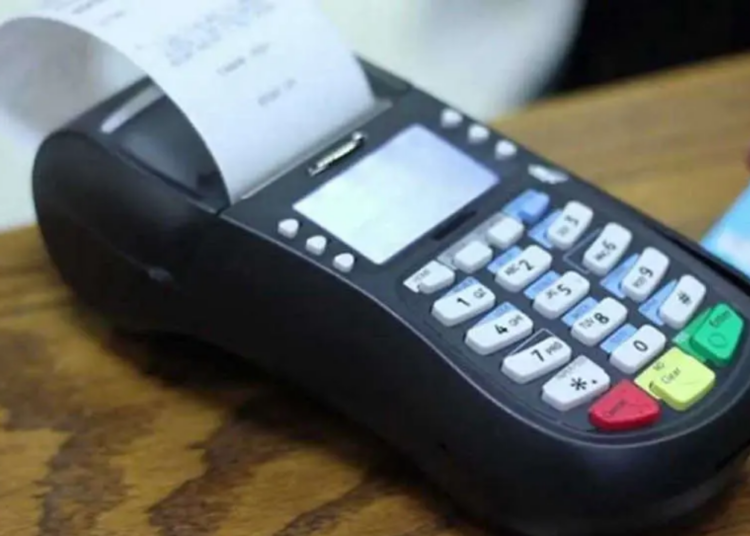Despite the ongoing cash scarcity and rationing by banks, some traders in Lagos are refusing to accept electronic transfers due to network issues and a lack of trust in the system. This is creating additional challenges for both businesses and consumers.
The News Agency of Nigeria (NAN) surveyed major markets throughout Lagos, finding that many traders, especially those involved in petty businesses, are wary of accepting electronic payments due to frequent network delays and failures. These delays and failures often result in lost sales and frustration for both the buyer and seller.
Fatima Tunji, a corn seller, shared her experience with a recent failed transfer, highlighting the impact on her business. “I sold corn to a customer for N500, and they said they would transfer the money. The transfer was delayed for a long time and then failed. I lost out on the profit, and the customer couldn’t get their money back. It was very frustrating.”
Ufuoma Nnaji, a roasted yam and plantain seller, shared a similar experience. She recounted being duped by a fake transfer alert and has since refused to accept any electronic payments. “I only accept cash now, especially since I don’t have an Android phone to check my balance. The best I can do is use a POS operator, but the customer has to pay the charges.”
The survey also found that cash remains scarce in most banks across Lagos. Many banks have several ATMs, but only one or two are dispensing cash. The withdrawal limits are also low, with non-account holders limited to N5,000 and account holders limited to N10,000.
This cash scarcity has led to increased reliance on POS operators, who are also facing challenges. They are struggling to keep up with the demand for cash and have had to increase their charges. Hakeem Dosunmu, a POS operator in Ajao Estate, shared his experience.
He said, “Due to the cash scarcity, many of us have increased our charges. The charge for N5000 has doubled to N200, and the charge for N10,000 has doubled to N400.”





